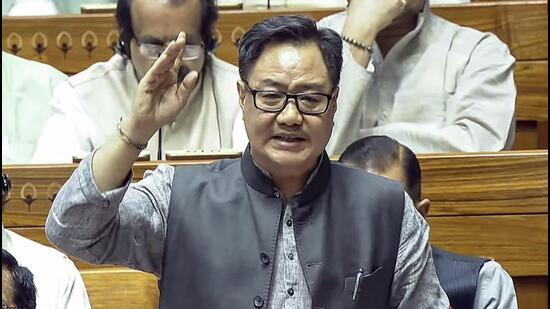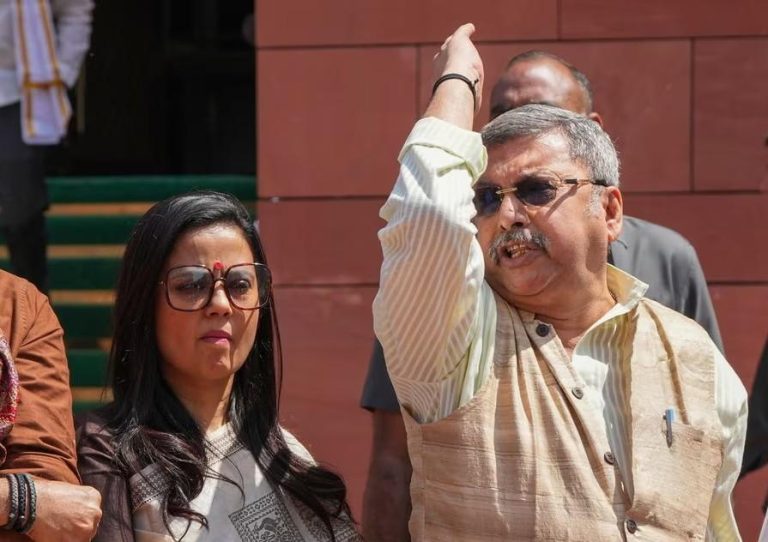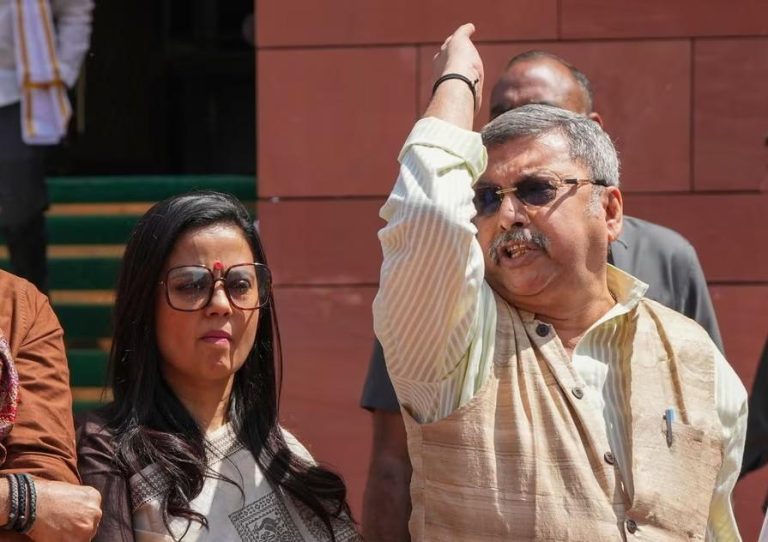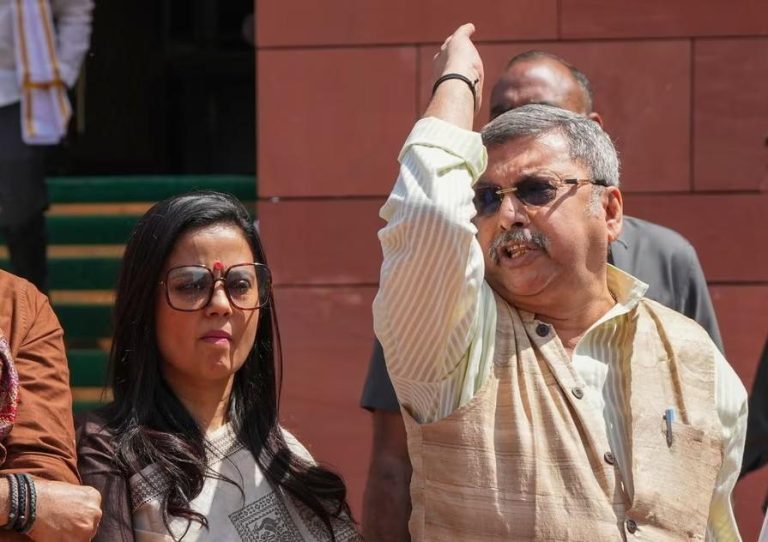
Opposition Creates Confusion & Leaves House: Rijiju in Rajya Sabha
In a recent turn of events, Union Minister Kiren Rijiju sparked a heated debate in the Rajya Sabha during discussions on the Waqf (Amendment) Bill. The minister criticized senior members of the opposition for creating confusion and raising issues in the House, only to leave without staying back to listen to the replies. This remark was made in response to comments made by MP Kapil Sibal, who compared the properties of Waqf bodies with those of other religious bodies.
Rijiju’s comments come at a time when the Waqf (Amendment) Bill is being debated in the Rajya Sabha. The bill aims to amend the Waqf Act, 1995, and has been met with opposition from various quarters. The opposition parties have raised concerns about the bill, citing concerns over the rights of Muslims and the potential misuse of Waqf properties.
During the debate, Sibal compared the properties of Waqf bodies with those of other religious bodies, claiming that the Waqf properties were being misused by the government. Rijiju took exception to Sibal’s comments and accused him of creating confusion in the House. The minister claimed that Sibal was raising issues without providing any concrete evidence to back his claims.
Rijiju’s criticism of Sibal was met with strong resistance from the opposition benches. Many members of the opposition including Sibal himself, accused Rijiju of being biased and trying to suppress the voice of the opposition. The opposition members claimed that Rijiju was trying to intimidate them and silence them by making personal attacks.
However, Rijiju maintained that his intention was not to silence the opposition but to bring clarity to the debate. The minister claimed that the opposition was trying to create confusion and mislead the House by making false claims and raising irrelevant issues. Rijiju also accused the opposition of not being interested in listening to the replies to their queries and leaving the House as soon as they had raised their points.
The debate on the Waqf (Amendment) Bill has been ongoing for several days, and the opposition has been raising several concerns about the bill. The opposition parties have claimed that the bill is an attempt to take away the rights of Muslims and undermine the autonomy of Waqf bodies. They have also raised concerns about the potential misuse of Waqf properties and the lack of transparency in the bill.
On the other hand, the government has claimed that the bill is aimed at strengthening the Waqf Act and ensuring the efficient management of Waqf properties. The government has also claimed that the bill is in line with the recommendations of the Sarkaria Commission and the recommendations of the Ministry of Minority Affairs.
The debate on the Waqf (Amendment) Bill has highlighted the deep divisions between the government and the opposition on the issue. The opposition has claimed that the bill is an attempt to impose the government’s agenda on the Waqf bodies and undermine the rights of Muslims. On the other hand, the government has claimed that the bill is aimed at strengthening the Waqf Act and ensuring the efficient management of Waqf properties.
In conclusion, the debate on the Waqf (Amendment) Bill has highlighted the deep divisions between the government and the opposition on the issue. The opposition has claimed that the bill is an attempt to impose the government’s agenda on the Waqf bodies and undermine the rights of Muslims. On the other hand, the government has claimed that the bill is aimed at strengthening the Waqf Act and ensuring the efficient management of Waqf properties.
It is essential for the government and the opposition to engage in a constructive debate and find a middle ground on the issue. The Waqf (Amendment) Bill has the potential to impact the lives of millions of Muslims in the country, and it is essential for both sides to work together to find a solution that is in the best interest of the country.






